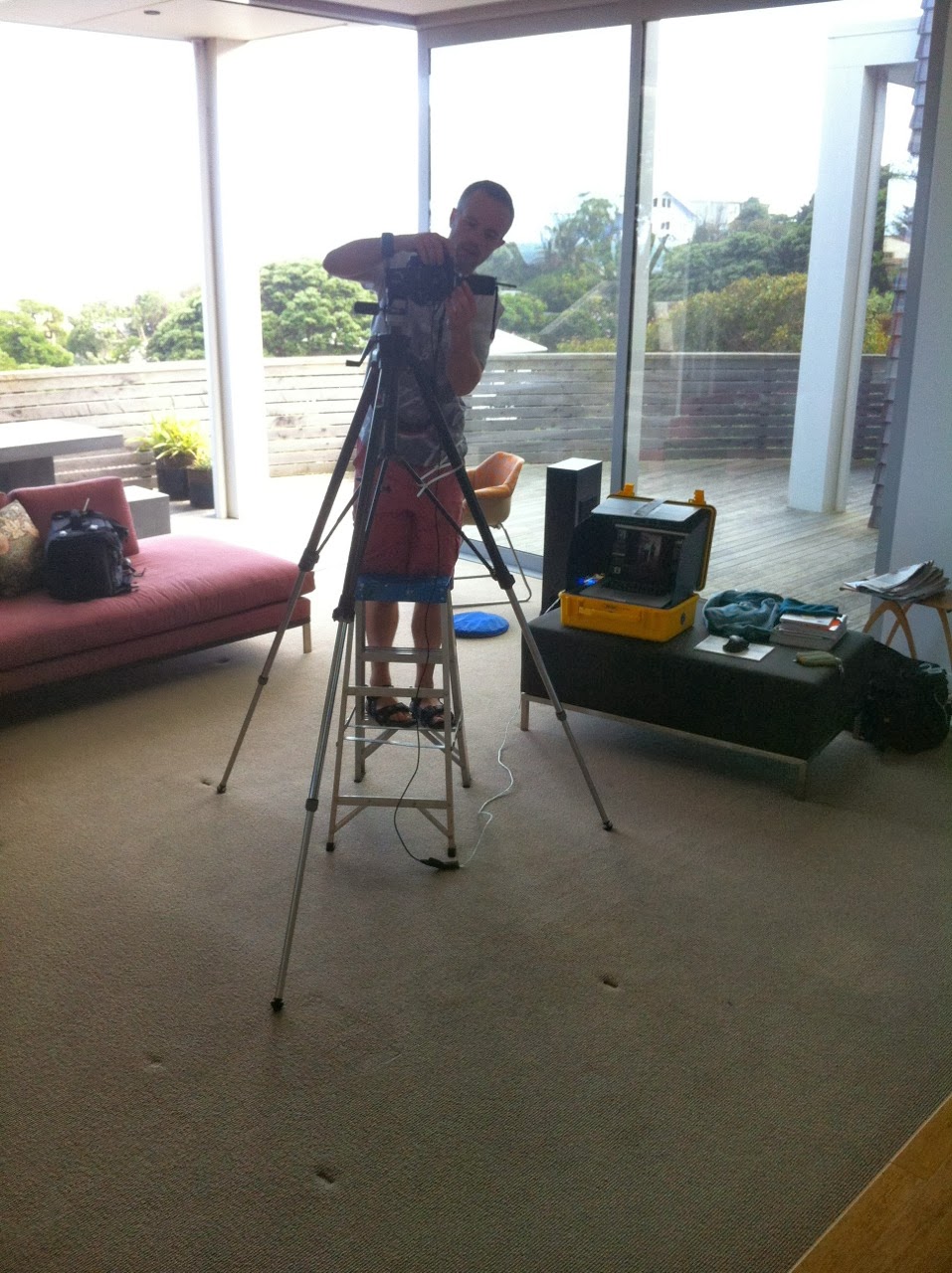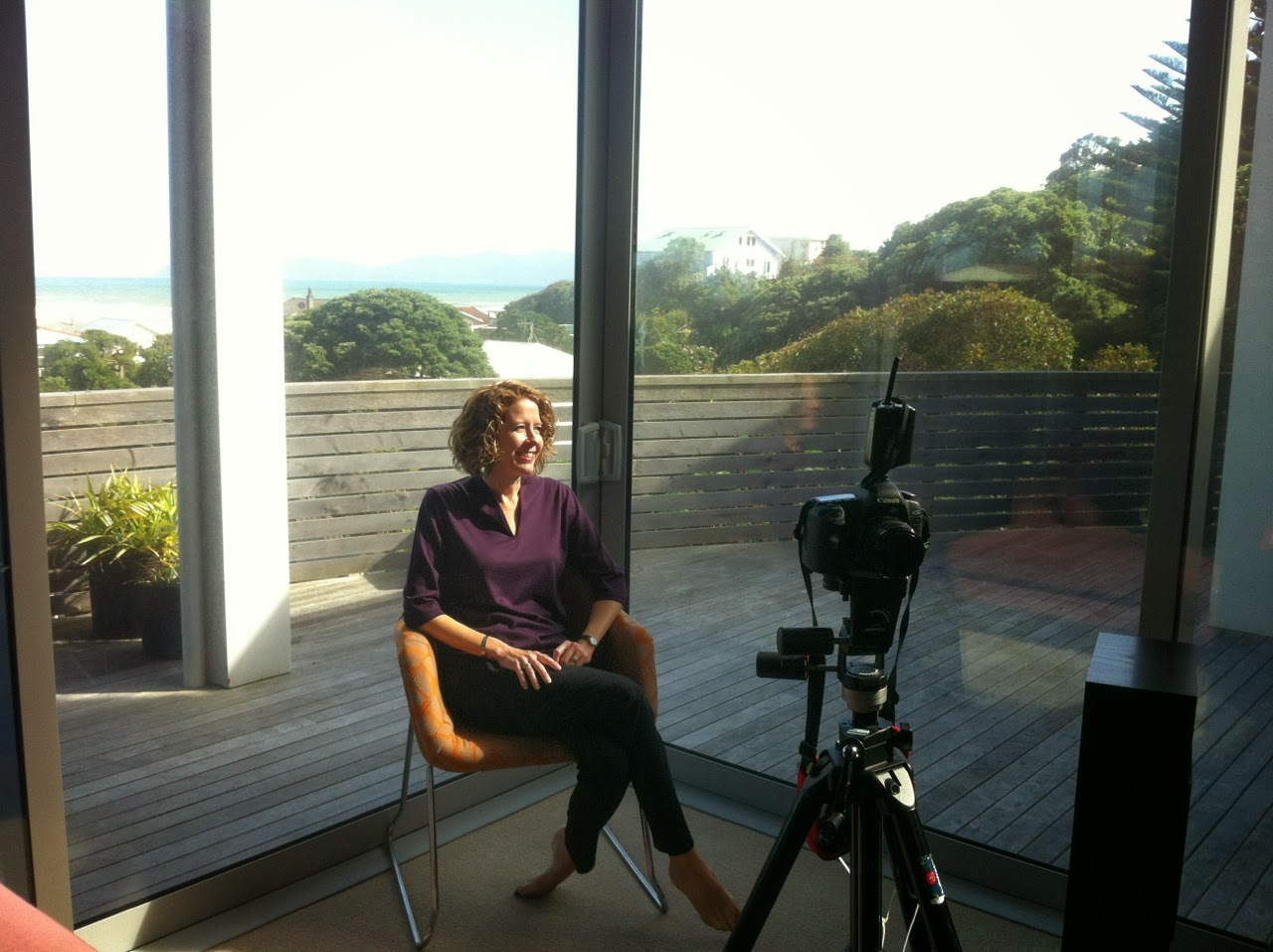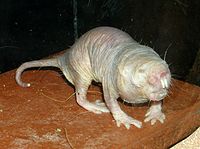 |
| Pointing away from the view to get better light |
I am in the
preparing phase as well as the busy phase now. I am starting to take new
supplements to boost my immune system before chemo. I got my hair styled in the
way I might like to wear it (or er, someone else’s hair anyway) for many months
to come. And some time in the last two weeks, I realised I that Keith and I
would need a book picture for our book jacket well before my hair grows back. I
was not excited about a post-chemo book picture, so we needed to get a move on.
 |
| colour matching |
My last
book picture was taken by a local guy who specialises in portraits that are
nestled in a location. Behind me in my book picture, you can see the little
cottage/shed where I wrote the book. It feels like me, and I’m at home. I love
that. The downside of this photographer—and it might be every single
photographer, but I have little experience—is that I am constantly feeling
wrong. “Move your chin up.” “Move your chin down.” “Smile some, a real smile.
Really a real smile. Ooh, not any teeth though. Smile with no teeth.” “You look
uncomfortable, move your body like this. No that’s worse. Do it the other way.
No that’s worse too. Hmmm.” You get the picture. But Keith and I were moving at
speed and so we didn’t have time to find a replacement. It turns out that I did something better though—I
found a distraction.
 |
| You can see my house over my shoulder |
With two
people in the picture, I got less attention. And with Keith as one of the two
people, in his full shirt and pleated pants, I got way less attention. Now
Keith was the focus. “Lean against the post. No, that wrinkles your shirt. Lean
less. No but look comfortable. Oh no, not like that. And your shirt is still
wrinkled. Let me fix that. Ok cross your legs the other way. No, that wrinkles
your pants—looks like a giant arrow pointing at your crotch. Do something else.
No, a different something else. Good. Now smile!” I just stood there with a genuine
smile on my face this time, listening to my partner get all the flak. Isn’t
that what partners are for?
 |
| too windy to be outside |
One more
aside. This photographer is great at placing people into a setting. But this is
New Zealand and the settings aren’t always great for being placed into. On this
day in a month with limited time, the wind was blowing too hard to be outside.
So these pictures were taken inside a (truly stunning) house that has no
special meaning to me and looks (from these pictures) to be a studio anywhere.
I know cancer is supposed to make me stop sweating the small stuff. I know
that’s one of its gifts, and believe me, I’m trying to harvest as many cancer
gifts as possible. But this one is elusive so far. I still don’t have the sweet
spot between knowing what’s actually important and what isn’t. Or ok, that’s
wrong. I KNOW that it’s not actually important that we have a picture that says
something sort of sentimental and New Zealand to me. But I don’t know how to
let it go, now that I know it’s not important. I’ll let you know when we see
the proofs…
(You can see from these pictures that the house we were in is magnificent. But the light and the wind meant we pointed away from the outside view and elegance, and in toward plain white walls. Not the fault of the house or the photographer, just life, really...)

















